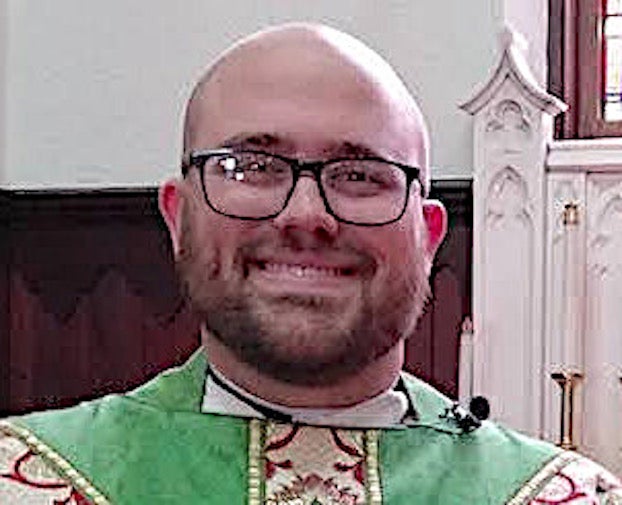Wearing the badge of idealism
Published 4:32 pm Friday, January 21, 2022
|
Getting your Trinity Audio player ready...
|
For you always have the poor with you, but you will not always have me. –
Matthew 26:11
I heard this verse a lot when I was growing up. It was usually in the context of, ‘Since there will always be poor people, why bother helping when we need to get people saved!’ The Church of my childhood was a church that knocked on doors and presented a 5 step, 5-point Plan of Salvation. We wanted to get people saved so their souls could spend eternal bliss with the Heavenly Father (presumably while other folks rotted in hell…that’s a column for another day). I frequently heard sermons about the moral imperative to tell people about Jesus so they could be saved. I was even a part of a group that kept a tally of how many ‘salvations’ we successfully completed.
Never, though, did I hear anything about a moral imperative to love the poor and to work for the betterment of this world. All I ever heard about was the world to come, the afterlife, the reality which we can’t see with our eyes. Something shifted in me, though. I began to care very little for that imagined afterlife and found my calling as a Christian in this world, a calling that has led me to believe that the point of Christianity is not to ‘get people saved,’ but to transform the world. You see, Jesus never once asked people to ‘accept him into their heart as a personal Lord and Savior.’ But he did say the following: “Then the king will say to those at his right hand, “Come, you that are blessed by my Father, inherit the kingdom prepared for you from the foundation of the world; for I was hungry and you gave me food, I was thirsty and you gave me something to drink, I was a stranger and you welcomed me, I was naked and you gave me clothing, I was sick and you took care of me, I was in prison and you visited me.” (Matthew 25:34-36)
Going back to the verse above, Jesus wasn’t saying, ‘Don’t bother with the poor.’ The quote from Jesus is from a conversation he was having with Judas about the value of acts of love and service. A woman had used expensive oil to anoint Jesus but Judas complained that the money should be used for the poor. Jesus’ point was that there will always be opportunity to serve the poor, but there are some demands in the moment that take precedence. This is not an excuse, however, to neglect our responsibility to ‘the least of these.’
I write this because I have spent the better part of my morning helping people pay their utility bills before the winter storm arrives this weekend. Some of those folks were facing shut-offs while the coldest temperatures of the year are just around the corner. That’s a position of fear that I have never found myself in. And rather than trotting out the same old tired logic of ‘Well, if only they had saved more…’ or ‘If only they had worked harder…’, I paid the bills because I’d rather part with some money than know for a fact that someone was sleeping in a frigid house with no way to get warm.
I say this not to gloat, but to challenge. To challenge the people of Washington to unleash our imagine, creativity, and compassion and do what we can with what we have to make Washington a shining example of what happens when people decide that poverty should be a thing of the past. Call me an idealist, but fair warning: I proudly wear my Badge of Idealism. It’s what keeps me from quitting when the work gets hard. But if we all decided to wear the Badge of Idealism, well…who knows what this little corner of Eastern North Carolina might look like in the near future.
Chris Adams is the Rector at St. Peter’s Episcopal Church in Washington.




